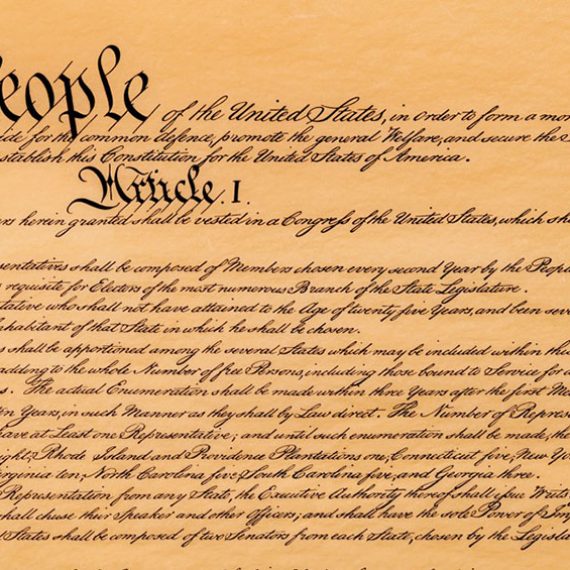February 12, 2010 – “There are rules, and these rules need to be adhered to.” This quote could easily have been made by Sir Isaac Newton 300 hundred years ago explaining how financial discipline would be imposed by his then new invention, the classical Gold Standard. But no, these are the words of German Chancellor Angela Merkel uttered just yesterday. In effect, they precisely state how the Greek crisis should be solved.
Greece broke the rules. The Greek government borrowed too much. It spent too much. Because it broke the rules, it is not worthy to be included in the eurozone. So Greece should be expelled. Doing so would re-affirm the reliability of the euro and indeed, make credible the promise of every European government before joining the eurozone that it would follow the rules.
The rules are there for a reason. They impose discipline by preventing too much euro currency from being created, which was the same crisis Newton had to address. The Bank of England was launched in 1694, but its over-issuance of pound banknotes created a crisis only two years later. The pound was losing value, and the solvency of the Bank of England was being questioned.
King William called on the brightest mind of the day to deal with this challenge, and the brilliant Newton delivered a solution that worked until 1914 – when Britain broke the rules – and would still be working to this day if the classical Gold Standard had not been jettisoned by governments. Without rules there is chaos, as evidenced by the mess Greece confronts today.
Expelling Greece from the eurozone in practice would be straightforward. Any euros in Greece should be re-named as drachmas. Henceforth, people would have drachmas in their bank accounts. All Greek debts would be owed in drachmas. This new drachma would immediately fall to a discount to the euro, with the consequent loss in relative purchasing power. Thus, the cost of solving the Greek problem would fall where it rightly belongs – on the Greek people who allowed their government to put the country into hock and the lenders to the Greek government who foolishly underestimated the risks. Fairness and justice require that the cost of Greece’s mistakes should not be put on the shoulders of the other EU members.
The non-decision yesterday by the EU leaders leaves open the question of what they intend to do about Greece. They were probably just waiting for this weekend to announce their decision as governments like to operate when the markets are closed. I hope it is the right one – that Greece has been expelled from the eurozone, and the euros in Greece today become drachmas on Monday.

 My objective is to share with you my views on gold, which in recent decades has become one of the world’s most misunderstood asset classes. This low level of knowledge about gold creates a wonderful opportunity and competitive edge to everyone who truly understands gold and money.
My objective is to share with you my views on gold, which in recent decades has become one of the world’s most misunderstood asset classes. This low level of knowledge about gold creates a wonderful opportunity and competitive edge to everyone who truly understands gold and money.
